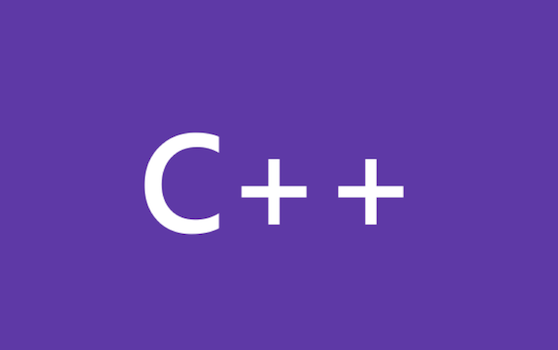


Finding Bugs with AddressSanitizer: Patterns from Open Source Projects

Even More New Safety Rules in C++ Code Analysis

Faster C++ builds, simplified: a new metric for time

New Safety Rules in C++ Code Analysis
Introducing vcperf /timetrace for C++ build time analysis

Improving code generation time with C++ Build Insights
Profiling template metaprograms with C++ Build Insights
Faster builds with PCH suggestions from C++ Build Insights


 Light
Light Dark
Dark